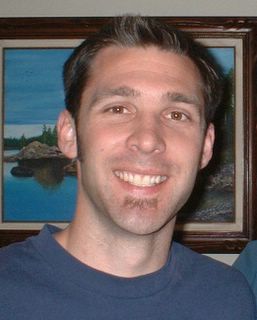Toward Spiritual Health
Listen to what God told one of His messengerss to relay to Israel:
Turn back, fickle Israel. I'm not just hanging back to punish you. I'm committed in love to you. My anger doesn't seethe nonstop. Just admit your guilt. Admit your God-defiance. Admit to your promiscuous life with casual partners, pulling strangers into the sex-and-religion groves...If you want to come back, you must really come back to me. You must get rid of your stinking sin paraphernalia and not wander away from me anymore. Then you can say words like "As God lives..." and have them mean something true and just and right. And the godless nations will get caught up in the blessing and find something in Israel to write home about. (Jeremiah 3-4).
First, I want to emphasize that God's love is boundless. However, we may not understand His love and we may not feel loved even when God is demonstrating His love toward us. Second, we do have a responsibility to get our lives back in order. This is practical obedience and there just isn't a substitute. No one else can obey God for you. This is one of those places where God looks at us as individuals who have the freedom to exercise choice. We can choose to hold on to sin paraphernalia, but in doing so we cannot come back to God. Third, God has conditions that we must meet if we are going to be with Him. We don't hear much about this, but if we're going to be part of God's family, we have to abide by His rules in the same way that we have to have a healthy diet and exercise if we are to be physically fit. Sound harsh? I'm not talking about gaining God's acceptance or earning His love. His love and acceptance are givens. However, we have to respond to His love and acceptance - an active response, not simply a passive acknowledgment. The consequences of doing our own thing are deleterious, individually and corporately. Practically speaking, when we don't follow God's guidelines, we suffer physically, emotionally, mentally, and spiritually. We are designed by Him and for Him. When we set out to live for ourselves, we begin the journey toward self-destruction.
Finally, the effect of coming back to God is that others around us will get caught up in the blessing! God wants us to admit where we are, leave the things that keep us from being present with Him, and join Him in living the abundant life we were created for. As we do this, the quality and overall health of our lives will attract those who are living for less. They will be drawn to God and get caught up in His blessings simply through their relationships with us. Love it!! Too often we think of evangelism as some separate compartment of our lives, but evangelism begins with living healthy lives - on God's terms!

